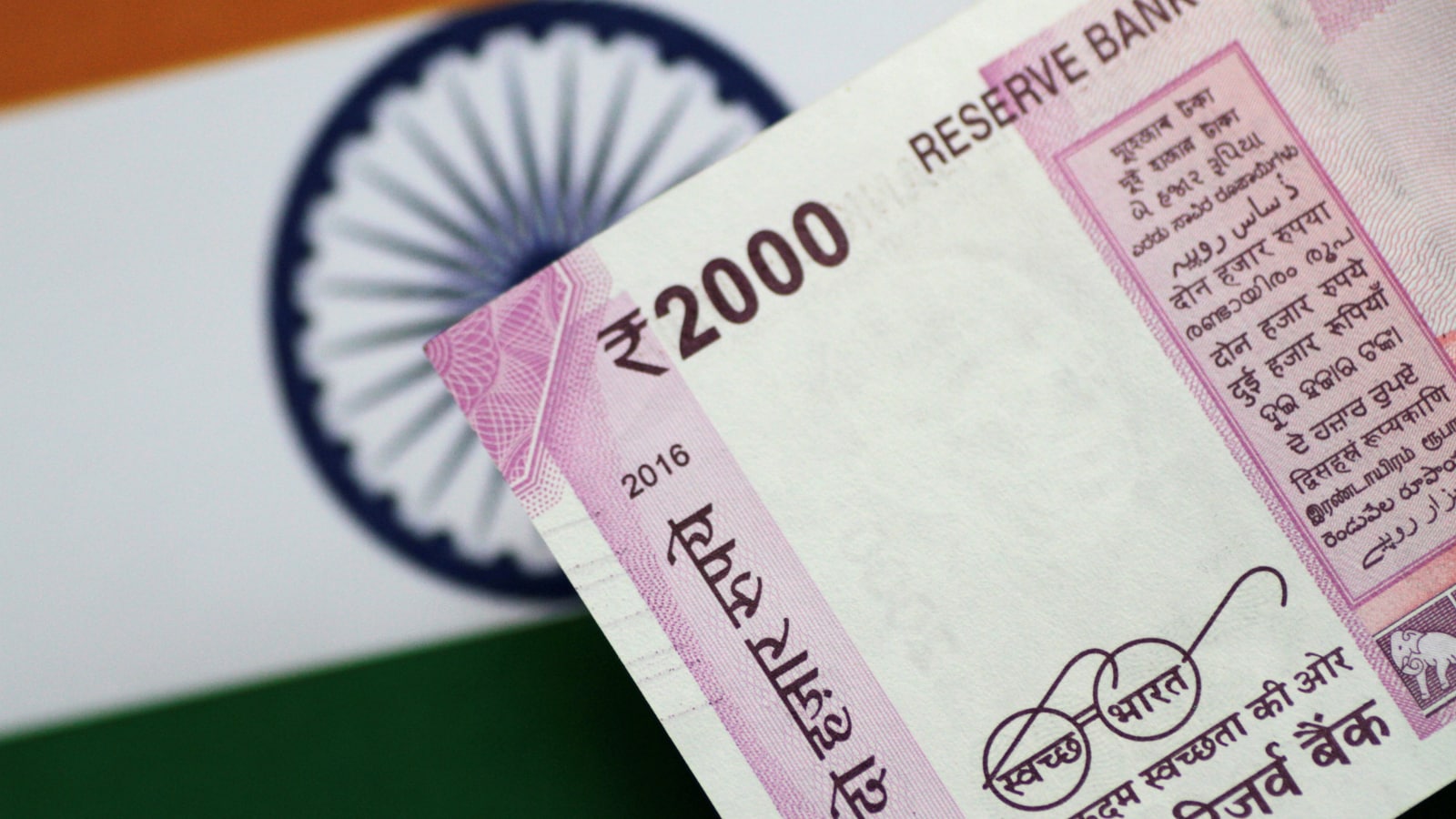India’s Total Debt Increases To Rs 1.47 Lakh Crore At End of September 2022; Check Details
Edited By: Mohammad Haris
Last Updated: December 28, 2022, 11:24 IST

About 29.6 per cent of the outstanding dated securities had a residual maturity of less than 5 years. (Photo: Reuters)
Public debt accounts for 89.1 per cent of total gross liabilities at the end of September 2022, up from 88.3 per cent at the end of June 2022
India’s total debt increased to Rs 1.47 lakh crore at the end of September 2022, compared with Rs 1.45 lakh crore at the end of June 2022, according to a report by the finance ministry. It said this represented a quarter-on-quarter increase of 1.0 per cent in Q2 FY23.
“Total gross liabilities of the government increased to Rs 1,47,19,572.2 crore at end-September 2022 from Rs 1,45,72,956 crore at end-June 2022. This represented a quarter-on-quarter increase of 1.0 per cent in Q2 FY23. Public debt accounted for 89.1 per cent of total gross liabilities at the end of September 2022 up from 88.3 per cent at the end of June 2022. Nearly, 29.6 per cent of the outstanding dated securities had a residual maturity of less than 5 years,” the ministry said in the report.
It also said public debt accounted for 89.1 per cent of total gross liabilities at the end of September 2022, up from 88.3 per cent at the end of June 2022. Nearly 29.6 per cent of the outstanding dated securities had a residual maturity of less than 5 years.
“The yields on government securities in the secondary market hardened in short-end curve due to near-term inflation and liquidity concern though softening of yield was observed for the longer tenure securities during the second quarter of FY23. MPC decided to hike the policy repo rate by 100 bps, i.e., from 4.90 per cent to 5.90 per cent during Q2 FY 2023 largely with an intention to contain inflation,” according to the report.
The finance ministry said that in the secondary market, trading activities were concentrated in the 7-10-year maturity bucket during the quarter mainly because of more trading observed in 10 year benchmark security. Private sector banks emerged as the dominant trading segment in the secondary market during the quarter.
On a net basis, foreign banks and primary dealers were net sellers while public sector banks, co-operative banks, FIs, insurance companies, mutual funds, private sector banks and ‘Others’ were net buyers in the secondary market. The ownership pattern of Central Government securities indicates that share of commercial banks stood at 38.3 per cent at end-September 2022 as against 38.04 per cent at end-June 2022, according to the statement.
“During Q2 of FY23, the central government raised an amount worth Rs 4,06,000 crore through dated securities, as against the notified amount of Rs 4,22,000 crore in the borrowing calendar, while repayments were at Rs 92,371.15 crore. The weighted average yield of primary issuances hardened to 7.33 per cent in Q2 FY23 from 7.23 per cent in Q1 of FY23,” the ministry said.
It also said the weighted average maturity of new issuances of dated securities was lower at 15.62 years in Q2 of FY23 as compared to 15.69 years in Q1 of FY23. During July-September 2022, the central government did not raise any amount through the cash management bills.
“The Reserve Bank did not conduct Open Market operations for government securities during the quarter. The net daily average liquidity absorption by RBI under Liquidity Adjustment Facility (LAF) including Marginal Standing Facility and Special Liquidity Facility was at Rs 1,28,323.37 crore during the quarter,” the company said.
Read all the Latest Business News here
For all the latest business News Click Here

